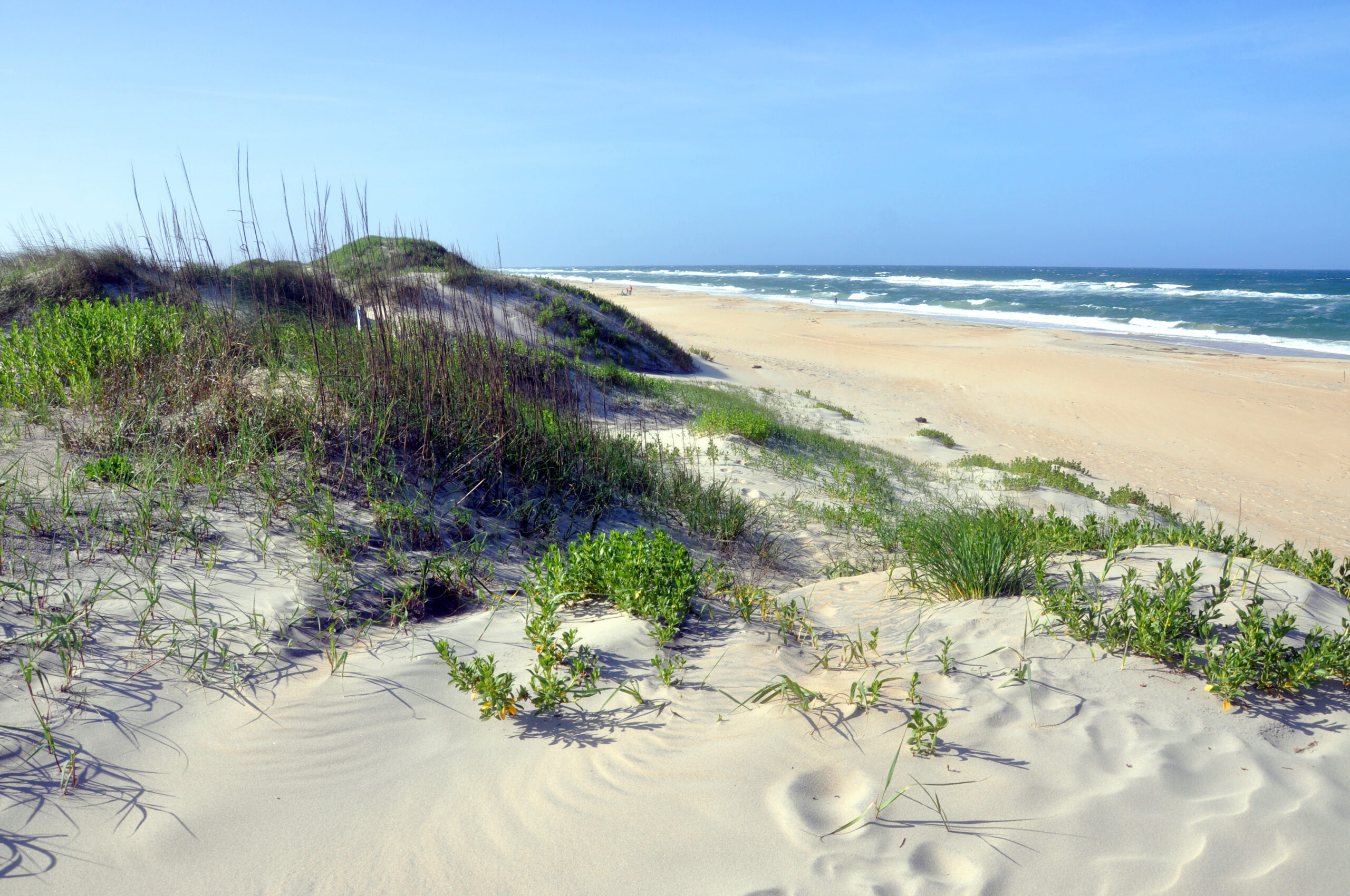
Community Engaged Internship for Undergraduates
Empowering tomorrow's leaders in marine, coastal and freshwater science
Are you an undergraduate student eager to make a difference in marine and coastal conservation? Does your community care about the wise and sustainable use of natural resources? If so, we invite you to be part of Sea Grant’s Community Engaged Internship (CEI) program!
This paid internship provides a unique opportunity to participate in mentor-led summer projects addressing issues within the field of marine, coastal, and freshwater sciences. Students from any academic background are eligible; projects vary from natural, physical, and social science research to outreach, education, and communications.
Read below for details about student internships in North Carolina; how community organizations and environmental agencies can host interns; and funding for Sea Grant programs across the country.
For more information contact seagrant.cei@gmail.com.
For North Carolina Student Interns
North Carolina Sea Grant offers paid summer internships to provide mentorship to the next generation of scientists, decision makers and citizens. The goal of the CEI program is to broaden participation in coastal and marine professions with hands-on training, networking opportunities and peer learning.
Over an 8-10 week period during the summer, CEI students engage North Carolina communities by working on projects addressing marine, coastal and freshwater issues of environmental, economic, and social importance. Students participate in professional development and training opportunities, including mentorship by Sea Grant personnel, Sea Grant-funded researchers, and community leaders.
